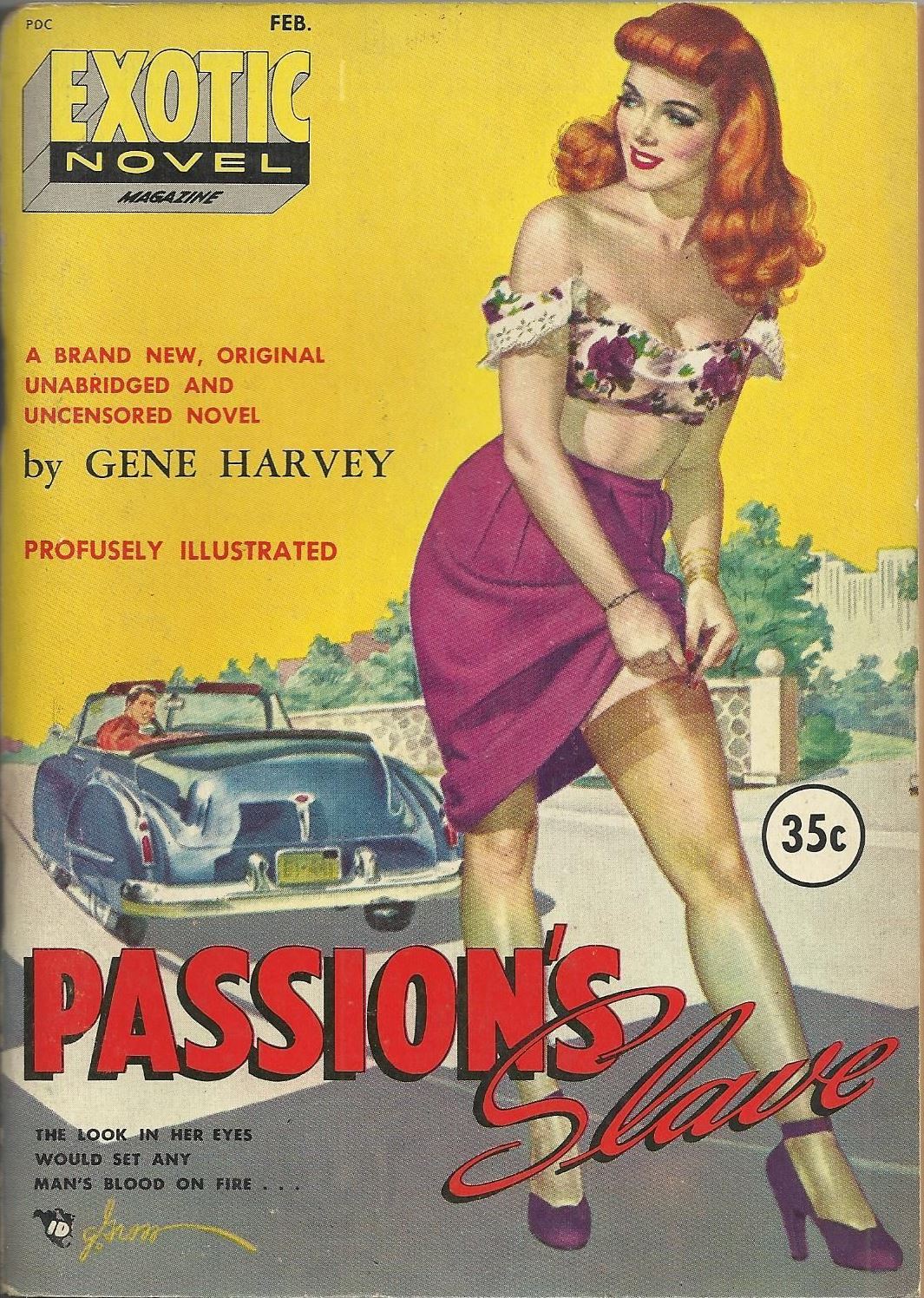Table of Contents
- Introduction: Unveiling the World of Ecoute Novel
- The Mind Behind the Novel: Who is Boris Razon?
- Ecoute Novel: A Deep Dive into Its Core Themes
- Vincent Lemasson: The Man in the Van
- From Page to Screen: Ecoute's Journey to "Emilia Pérez"
- Reader Perspectives: Navigating the Reception of Ecoute
- Beyond the Narrative: The Broader Implications of Ecoute
- Conclusion: Reflecting on Ecoute's Enduring Echoes
Introduction: Unveiling the World of Ecoute Novel
In an era increasingly defined by digital footprints and the omnipresent gaze of technology, Boris Razon's "Ecoute novel" emerges as a profoundly relevant and thought-provoking work. This isn't just another book; it's a mirror reflecting our contemporary anxieties about privacy, surveillance, and the isolating nature of modern life. As the author's second novel, "Ecoute" delves into themes that resonate deeply with anyone navigating the complexities of the 21st century, making it a compelling read for those seeking a narrative that challenges perceptions and sparks vital conversations.
At its core, the "Ecoute novel" is a work of fiction that masterfully weaves a narrative around a smartphone and the pervasive nature of surveillance. It’s a story that feels both intimately personal and broadly universal, inviting readers to ponder the boundaries of observation in a world where every click, every message, and every movement can potentially be monitored. This exploration of surveillance, particularly in the context of counter-terrorism efforts, positions "Ecoute" not merely as entertainment, but as a critical commentary on the societal shifts we are currently experiencing.
The Mind Behind the Novel: Who is Boris Razon?
To truly appreciate the depth and nuance of the "Ecoute novel," it's essential to understand the background of its creator, Boris Razon. His professional journey as a journalist and writer, coupled with his expertise in digital media, provides a unique lens through which he crafts his narratives. Razon's insights into the mechanics of information dissemination and the evolution of media landscapes undoubtedly inform the intricate themes explored in "Ecoute."
Boris Razon: A Brief Biography
Boris Razon is a distinguished figure in the French media and literary scene. His career trajectory showcases a deep engagement with both traditional and digital forms of communication, making him uniquely qualified to tackle subjects like digital surveillance and the impact of technology on society. Before "Ecoute," Razon garnered significant attention for his first novel, "Palladium," published in 2013, which was also highly acclaimed. His work with prominent media outlets further solidifies his standing as an authoritative voice.
| Category | Details |
|---|---|
| Name | Boris Razon |
| Profession | Journalist, Writer, Consultant |
| Current Role | Editorial Director of Arte (as per data) |
| Previous Roles | Editor-in-chief of LeMonde.fr, Director of New Writings at France Télévisions, Editorial Director of Slate.fr |
| First Novel | "Palladium" (Stock, 2013) |
| Second Novel | "Ecoute" (Stock, 2018) |
| Notable Adaptation | "Ecoute" was loosely adapted into the film "Emilia Pérez" by Jacques Audiard |
Razon's background as a specialist in digital media, having served as editor-in-chief of LeMonde.fr and director of new writings at France Télévisions, provides him with an intimate understanding of the digital realm. This expertise is palpably present in the "Ecoute novel," where the mechanics of digital surveillance are not just plot devices but deeply integrated thematic elements.
Ecoute Novel: A Deep Dive into Its Core Themes
The "Ecoute novel" is a tapestry woven with threads of modern anxieties and philosophical inquiries. It's a book that doesn't shy away from complex questions, instead inviting readers to confront uncomfortable truths about our interconnected yet increasingly isolated existence. The central themes are meticulously explored, offering a rich narrative experience.
Surveillance and the Digital Age: The Heart of Ecoute
One of the most prominent themes in the "Ecoute novel" is the escalating issue of surveillance. The narrative directly revolves around a smartphone and the implications of constant monitoring. As Boris Razon himself has commented on increasing surveillance, the novel serves as a literary extension of this critical observation. It paints a vivid picture of a world where privacy is a dwindling commodity, replaced by an ever-present, often unseen, watch. This theme is particularly relevant in our current global climate, where concerns about national security often lead to increased governmental monitoring of citizens.
The novel explores the psychological toll of being under constant observation, even if it's indirect or unseen. It forces readers to consider the ethical dilemmas posed by advanced surveillance technologies and the fine line between security and individual liberty. This focus on surveillance makes "Ecoute" a timely and significant contribution to contemporary literature, addressing a topic that has profound "Your Money or Your Life" implications for personal freedom and societal trust.
A Literary Reworking: Perec's Influence on Ecoute
Intriguingly, the "Ecoute novel" is described as a reworking of an attempt at exhausting a place in Paris by Georges Perec, but as a work of fiction. Georges Perec, a celebrated French writer known for his experimental and Oulipian works, often focused on detailed observation and the exhaustive description of places and objects. His seminal work, "An Attempt at Exhausting a Place in Paris," meticulously documents everything Perec observed over three days at Place Saint-Sulpice. Razon's decision to adapt this observational approach into a fictional narrative, particularly one centered on surveillance, is a stroke of genius.
By taking Perec's concept of exhaustive observation and shifting it from a static, physical space to the dynamic, often invasive, realm of digital monitoring, Razon transforms a literary exercise into a potent commentary. This reinterpretation allows "Ecoute" to explore how our perception of "place" has evolved in the digital age, where a "place" can now be a data stream, a phone conversation, or a series of digital messages. This literary lineage adds a layer of intellectual depth to the "Ecoute novel," appealing to readers who appreciate intertextual connections and innovative narrative structures.
Vincent Lemasson: The Man in the Van
Central to the narrative of the "Ecoute novel" is the character of Vincent Lemasson. We learn that Vincent Lemasson is there, all day long, inside an unmarked van. This image is stark and immediately evocative: a man confined to a small space, his sole purpose to monitor the outside world. For parrying the terrorist threat, the police officer surveils the avenue des Gobelins in this confined universe. This singular focus on Lemasson's experience is the beating heart of the novel's exploration of surveillance.
The gross of the book is a cop in France who listens to messages in an unmarked van all day long. This description highlights the mundane yet intensely focused nature of Lemasson's work. His isolation within the van, juxtaposed with the constant stream of external information he processes, creates a powerful sense of paradox. He is intimately connected to the lives of others through their communications, yet physically detached from society. This character serves as a poignant embodiment of the novel's themes, offering a human perspective on the often-dehumanizing act of surveillance.
From Page to Screen: Ecoute's Journey to "Emilia Pérez"
Perhaps one of the most significant testaments to the impact and resonance of the "Ecoute novel" is its adaptation into the critically acclaimed film "Emilia Pérez." This transition from the written word to the cinematic experience underscores the potency of Razon's original narrative and its themes. The film, directed by the renowned Jacques Audiard, has brought the core ideas of "Ecoute" to a wider global audience, sparking renewed interest in the source material.
Jacques Audiard's Vision and Inspiration
Jacques Audiard serves as a writer and director of the film, which is inspired by an undeveloped character in "Ecoute," a novel authored by Boris Razon. This is a fascinating point of departure: rather than a direct adaptation, Audiard took a seed of an idea from the novel and cultivated it into something new. When talking about the film's inspiration, Jacques Audiard stated, "the idea came to me through a book called écoute." This confirms the novel's profound influence on his creative process. Audiard was first inspired to create "Emilia Pérez" while reading the 2018 French novel "Ecoute" by Boris Razon.
It wasn’t the story that sparked the idea for the film but a single (and somewhat undeveloped) character. This revelation is crucial for understanding the relationship between the novel and the film. "Emilia Pérez" centers on Emilia (Karla Sofía Gascón), a notorious character whose concept was loosely inspired by a chapter from Boris Razon’s 2018 novel, "écoute." This unique adaptation approach highlights the novel's ability to generate compelling ideas, even beyond its primary narrative, further cementing its status as a significant work of contemporary fiction.
Reader Perspectives: Navigating the Reception of Ecoute
As with any significant literary work, the "Ecoute novel" has elicited a range of reactions from its readership. While its thematic depth and innovative structure are often lauded, some readers have expressed reservations, providing a balanced view of its reception. Reading reviews from the world's largest community for readers offers a glimpse into these varied opinions.
Some readers found the novel's experimental nature challenging. For instance, comments like "Globally the book didn't please me" indicate that its style or execution might not resonate with everyone. Another common critique is that "All the stories launched in this book do not lead to anything." This suggests that some readers felt a lack of narrative resolution or a sense of incompleteness regarding various subplots or character arcs introduced throughout the book. Furthermore, the observation "I don't understand why so much description on some..." points to a potential issue with pacing or the perceived relevance of certain descriptive passages, which might be a direct consequence of its Perec-inspired observational approach.
However, it's also important to note that the novel's ability to inspire a major film adaptation, and its discussion in literary circles, speaks volumes about its underlying quality and provocative themes. While not universally acclaimed in every aspect, the "Ecoute novel" clearly possesses a compelling core that has captivated many, including a director of Audiard's caliber. Its ability to spark debate and varied interpretations is often a hallmark of truly impactful literature.
Beyond the Narrative: The Broader Implications of Ecoute
The "Ecoute novel" transcends its fictional plot to offer profound insights into the real-world implications of surveillance, identity, and the quest for disappearance in an increasingly transparent world. The character's desire to "change sex to disappear" (Veut changer de sexe pour disparaître) is a striking example of the extreme lengths to which individuals might go to escape observation and reclaim anonymity. This concept, though briefly mentioned as not existing later in the book's main narrative, highlights a powerful underlying anxiety that Razon taps into.
The novel's exploration of a police officer's daily routine of monitoring communications in a confined space speaks volumes about the societal shift towards pre-emptive security measures. It forces us to consider the human cost of such vigilance, not just on those being watched, but also on the watchers themselves. The "Ecoute novel" thus becomes a critical commentary on the evolving relationship between the state and its citizens, raising questions about privacy, freedom, and the psychological impact of living in a surveillance society.
Moreover, the novel's influence on a film like "Emilia Pérez," which takes a character's desire for transformation and escape as its central premise, further underscores the enduring relevance of Razon's themes. It suggests that the anxieties explored in "Ecoute" are not just fleeting concerns but fundamental questions about identity and autonomy in the digital age. The novel encourages a deeper reflection on how technology shapes our lives, our sense of self, and our interactions with the world around us.
Conclusion: Reflecting on Ecoute's Enduring Echoes
The "Ecoute novel" by Boris Razon stands as a compelling and timely work that courageously confronts the pervasive realities of modern surveillance and the human condition within it. From its intricate narrative revolving around a smartphone and an isolated police officer to its literary lineage inspired by Georges Perec, the novel offers a multifaceted exploration of contemporary anxieties. Its influence on Jacques Audiard's "Emilia Pérez" further solidifies its position as a significant piece of literature that resonates far beyond its pages.
While some readers may find its narrative structure challenging or its conclusions elusive, the profound questions it raises about privacy, identity, and the nature of observation are undeniably vital. "Ecoute" is more than just a story; it's a mirror reflecting our increasingly monitored world, urging us to consider the implications of every digital interaction. If you're intrigued by narratives that blend psychological depth with societal commentary, the "Ecoute novel" is an essential read. We invite you to explore this thought-provoking work and share your own reflections in the comments below. What are your thoughts on surveillance in the digital age? How do you think novels like "Ecoute" contribute to our understanding of these complex issues? Join the conversation and delve deeper into the world that Boris Razon so expertly unveils.


